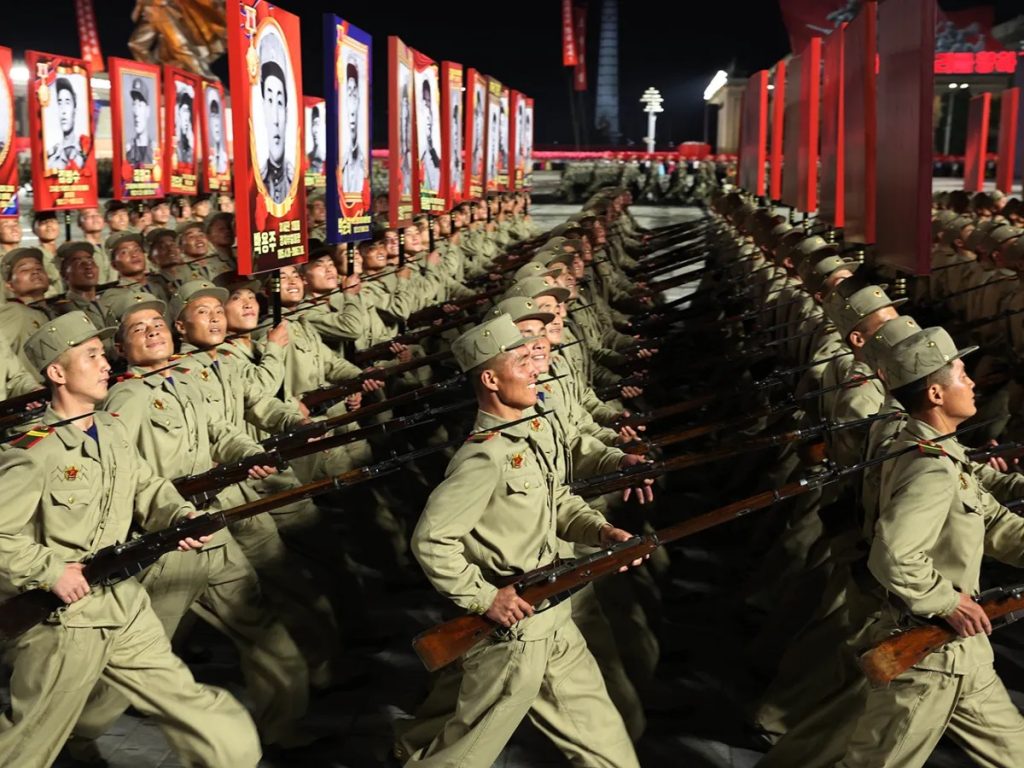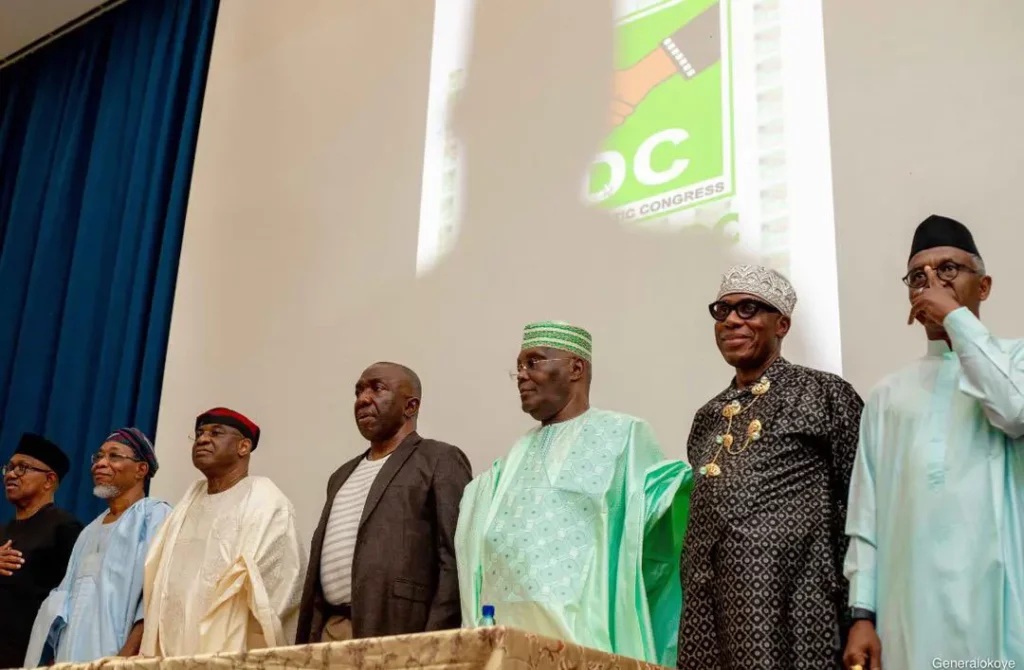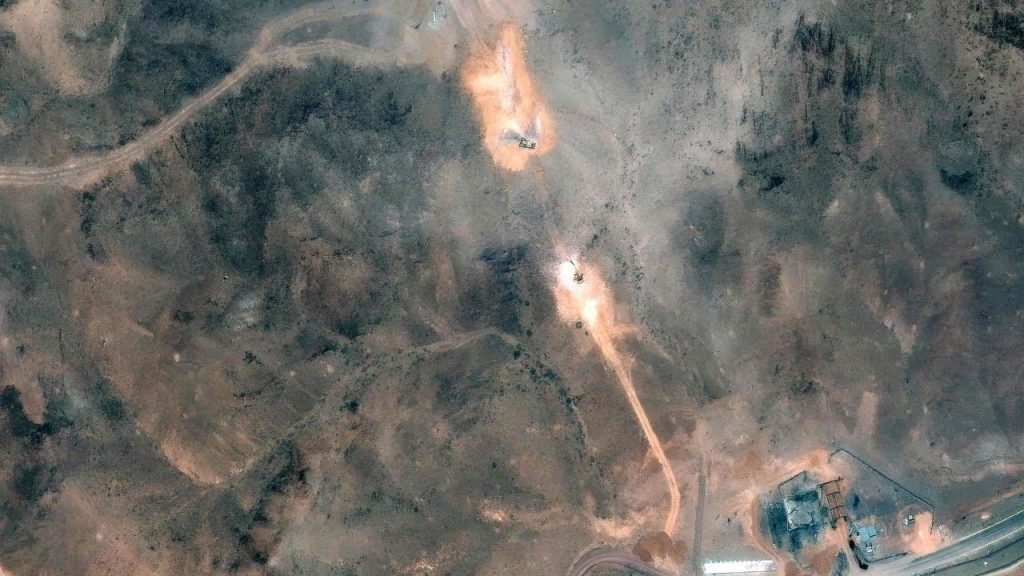Economy
U.S.-China Trade War Escalates: Global Markets in Turmoil

The world’s two biggest economies are locking horns again—and this time, the fallout is fast, fierce, and far-reaching.
Tensions between the United States and China have escalated sharply in recent weeks following the introduction of new tariffs by U.S. President Donald Trump.
These tariffs, primarily targeting Chinese electronics, industrial equipment, and automotive parts, have elicited a swift and powerful response from Beijing.
In retaliation, China imposed new levies on American agricultural goods, high-tech products, and critical minerals.
The result? A fresh surge of volatility across global markets.
Stocks are tumbling.
Investor confidence is faltering.
And analysts are sounding alarms.
The ripple effects are being felt worldwide. On Wall Street, the Dow Jones Industrial Average dropped nearly 800 points in one trading day.
The tech-heavy NASDAQ is experiencing its worst stretch since 2020.
In Asia, the Shanghai Composite Index fell by over 4%, while Japan’s Nikkei shed more than 3%.
Europe’s markets haven’t been spared either, with the DAX and FTSE 100 both retreating sharply.
“The markets are pricing in chaos,” said Marissa Lin, chief economist at Global Insight Partners.
“This isn’t just about tariffs—it’s about the crumbling of trade norms and the emergence of a new era of economic confrontation.”
Indeed, the new tariffs are not just economic tools; they’re political weapons.
Trump, in a series of press statements and campaign rallies, declared that the U.S. would no longer tolerate what he called “decades of unfair trade practices and intellectual property theft” by China.
He vowed to protect American industries “at all costs,” even if that meant short-term pain for the economy.
China’s response was equally fiery.
The Ministry of Commerce in Beijing issued a strongly worded statement warning the United States of “grave consequences” if it continued along this path.
China has already begun redirecting its import contracts from U.S. farms to countries like Brazil and Argentina, putting American farmers under immense pressure.
The fallout is also hitting supply chains hard. With many U.S. companies reliant on Chinese components and raw materials, manufacturing delays are mounting.
Apple has already issued a warning about potential iPhone shortages in the next quarter.
Automakers like General Motors and Ford are revising their production targets.
Even small businesses are feeling the pinch, as costs for parts and shipping rise sharply.
Consumers are next in line
Prices for everyday goods—from smartphones and laptops to clothing and food—are expected to rise.
Inflation, which had been easing slightly in recent months, is now back on the radar of central banks.
The European Central Bank is reportedly considering further interest rate cuts to counteract slowing growth.
The U.S. Federal Reserve, meanwhile, is under increasing pressure to act, but options are limited in a politically charged environment.
“We’re not just looking at a trade war,” said Dr. Kevin Adeyemi, a professor of international economics.
“We’re looking at a reshaping of the global economic order. Both sides are digging in for a long fight.”
This new wave of conflict comes at a time when the global economy is still recovering from the aftershocks of the COVID-19 pandemic, the war in Ukraine, and inflation surges.
The combined effect of another major economic showdown is sending shockwaves through financial systems.
But beyond economics, there are deeper geopolitical implications.
The trade war is becoming a proxy for a larger strategic competition between two global superpowers.
It touches on national security, technology dominance, and ideological influence.
In the background are issues like semiconductor control, AI supremacy, and military positioning in the South China Sea.
Nations are now being forced to pick sides—or at least hedge their bets. Emerging economies are particularly vulnerable.
Countries dependent on exports to either China or the U.S. are bracing for reduced demand, disrupted logistics, and capital flight.
Investors are retreating to safer assets.
Gold prices have spiked to a six-month high.
The U.S. dollar is strengthening.
Cryptocurrencies are once again seeing volatile inflows as investors seek alternatives.
In the midst of this, calls for dialogue are growing louder.
Economists, trade experts, and some world leaders are urging both the U.S. and China to return to the negotiation table.
“This is not a sustainable path,” said IMF Managing Director Kristalina Georgieva.
“We need cooperation, not confrontation.”
However, with both sides entrenched in their positions and domestic political considerations at play, diplomacy remains uncertain.
Trump, campaigning for a return to the White House, is unlikely to back down.
China, facing internal economic pressures and public pride, is equally reluctant to show weakness.
In the end, the global economy may become the unintended casualty of this battle for dominance.
As markets continue to tumble and businesses scramble for solutions, one thing is clear: this is more than a temporary dispute.
It’s a defining moment. A test of resilience.
And a warning of what’s to come if the world’s biggest powers refuse to find common ground.
The trade war has returned—with a vengeance.
And the whole world is watching.
For Diaspora Digital Media Updates click on Whatsapp, or Telegram. For eyewitness accounts/ reports/ articles, write to: citizenreports@diasporadigitalmedia.com. Follow us on X (Fomerly Twitter) or Facebook












